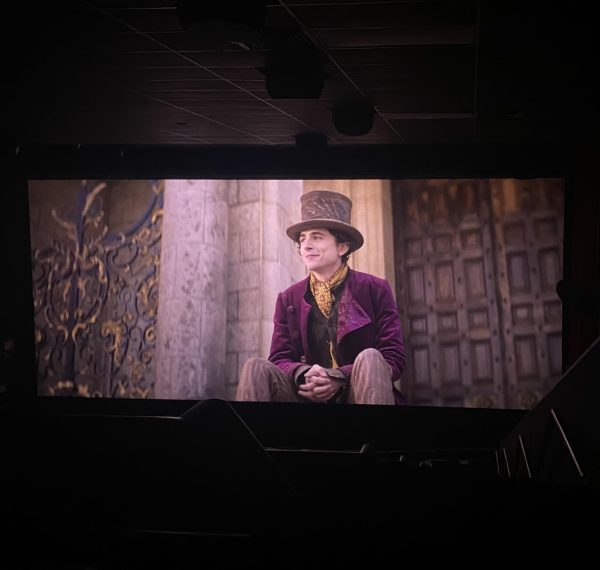Sound
★★★★☆ 3.5/5
Alexandra Duncan’s “Sound” tells the story of a 16-year-old Haitian scientist…in space. Miyole isn’t content to stay in Mumbai; she fakes her documents so she can board the research vessel, R.S.S. Ranganathan, two years early as a research assistant. Her plans to make a name and a career for herself in bioengineering are derailed, however, when the Ranganathan rescues a Rover ship from dakait — space pirates. However, not everyone aboard the Rover ship was saved; Cassia’s brother, Nethanel, was taken for human trafficking.
Miyole finds herself drawn to Cassia and quickly becomes embroiled in Cassia’s reckless quest to find and save her brother. She ends up risking everything she has worked for: by stealing a space shuttle from the Ranganathan for Cassia, Miyole has as good as given up on her career.
This book was a refreshing read, featuring a queer bicultural woman of color as the main character. Miyole is incredibly bright; however, as is the foible of prodigies everywhere, she is isolated and somewhat naive in social situations. She is ambitious, too, but she insists on speaking her mind and doing what she believes is right — which is how she ends up helping Cassia in the first place.
“Sound” did a fair job at developing the main characters’ personalities. As Miyole struggled to come to terms with her bicultural identity and struggled with the line between what is right and what is necessary, she slowly began to realize the intrinsic worth of a single human life. Her final revelation on this matter brings the story to a poignant climax and brings the story down to a gentle, bittersweet end. None of the characters escape the consequences of their actions, but somehow, their future still turns out bright.
Duncan spends much time on worldbuilding. Miyole’s journey through deep space brings her in contact with different lifestyles and different cultures. The most prominent example? Cassia’s quest brings them in contact with a Japanese-Swedish smuggling settlement on a planet dominated by ice volcanos.
The worldbuilding and description, however, can detract from the reading experience; sometimes the reader is overwhelmed with situations and terminology that are not yet explained, or said explanations slow the pacing to a crawl. I admit to skim-reading most of these sections. The hardcover edition of this book is also nearly 500 pages as a result. Nonetheless, if you have the time and patience to sit through such a large book, “Sound” is a refreshing and intriguing read.






